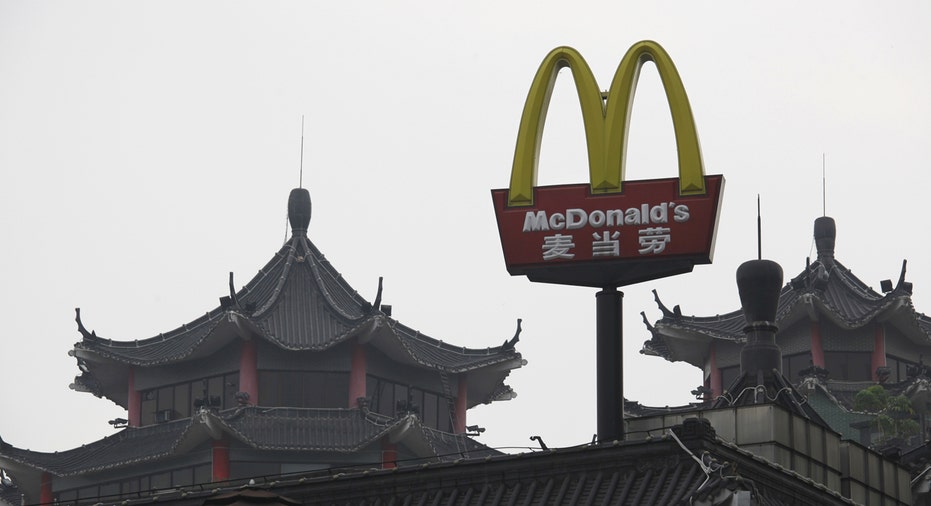McDonald's Plans to Add More Than 1,000 Restaurants in China

McDonald's is adding more than 1,000 restaurants in China and is hunting for an investment partner in Asia to speed its expansion and smooth over a rough recent history in the region.
Over the next five years, the Oak Brook, Ill., company wants to build out its franchise business in China, Hong Kong and South Korea, adding more than 1,500 restaurants to its current 2,800, McDonald's announced Thursday.
In China alone, it aims to have 3,500 restaurants by 2020, up from 2,200 now, Chief Executive Steve Easterbrook said in an interview with The Wall Street Journal. The expansion plans come after McDonald's announcement last year that it was closing 350 restaurants in China, Japan and the U.S.
McDonald's uses franchisees and licensees in its more mature markets, like the U.S. But elsewhere it has largely relied on a more costly model of operating its own restaurants to oversee their quality and growth.
McDonald's has had trouble finding collaborators in Asia. It announced last year plans to sell its restaurants in Taiwan and Japan to a franchise operator but hasn't yet closed a deal. Mr. Easterbrook said McDonald's is in the early stages of identifying the right partners.
Mr. Easterbrook has been overhauling McDonald's U.S. business, including by selling more restaurants to franchisees and eliminating management layers. Now he's turning to the international market in an effort to boost sales and profits. He has set a target to expand global franchise ownership, including in the U.S., to 90% from 81%, and said the company will sell 3,500 restaurants to franchisees by 2018.
McDonald's won't limit its search to companies already in the restaurant space and would like to find a partner who can help it meet local consumer needs and shifts more quickly, Mr. Easterbrook said. "We're going to throw the net wide," said Mr. Easterbrook.
Compared with Chinese rivals, McDonald's and Yum Brands Inc have been slow to adapt to Chinese consumers' needs. Yum, which runs the KFC and Pizza Hut chains, announced last year plans to split off its China division, in part to address those problems. Mr. Easterbrook said franchising and local licensing are aimed at making McDonald's more nimble in local communities.
Thursday's announcement also zeroes in on a goal to make China the company's No. 2 market, said Mr. Easterbrook, up from the third-largest behind the U.S. and Japan. In the next five years, McDonald's will open at least 250 restaurants a year and boost the rate of its franchised outlets beyond 30%, closer to the U.S. rate of 90%, Mr. Easterbrook said.
McDonald's operated all its restaurants in China for more than two decades, until 2008 when it turned to franchising.
McDonald's Asia performance has been bumpy in recent years, after problems with one of its suppliers in 2014 left some of its restaurants without chicken or hamburgers and crippled sales for quarters. The struggle to regain consumers' trust has made the China market particularly thorny for McDonald's, industry watchers say.
"It isn't getting back more loyal customers," said James Roy, associate principal at the Shanghai-based consultancy, China Market Research.
Chinese consumers are also increasingly health conscious and skeptical of fast food. In a survey of 10,000 consumers across China, 51% said they consumed Western fast food in 2015, down from 67% in 2012, according to consultancy McKinsey & Co.
McDonald's is launching healthy menu items in its China restaurants this year, like apple slices, veggie cups and multigrain muffins, Mr. Easterbrook said. He said McDonald's has assured consumers of its quality and has been regaining customers.
The company is also building out more digital kiosks in its restaurants to appeal to younger diners who want to pay with their mobile phones and order customizable burgers, he said.
Write to Laurie Burkitt at laurie.burkitt@wsj.com



















